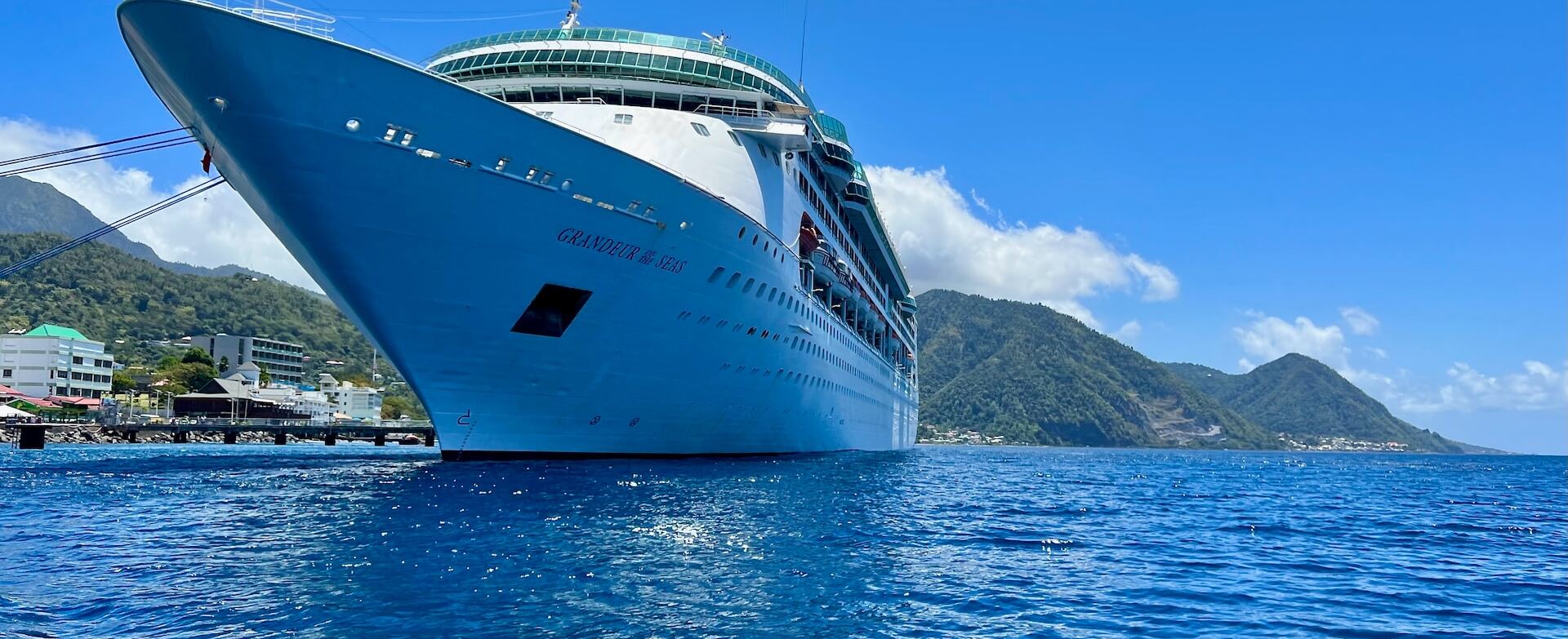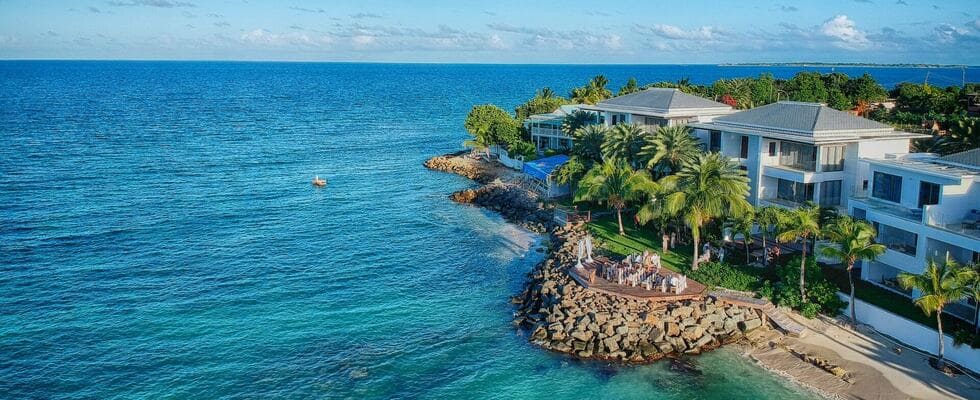Life in Dominica offers numerous benefits, from aesthetic qualities like natural beauty and stunning beaches to appealing financial incentives like low-income tax and lucrative investment opportunities. American expats living in Dominica enjoy a tranquil lifestyle in a vibrant Caribbean island with a welcoming local community.
Dominica’s reputation as an attractive destination extends to its citizenship by investment program, allowing foreign investors around the world to contribute to the country’s economy and acquire Dominica citizenship.
Let’s look at the essential factors to consider before moving to Dominica and how Dominica life and its citizenship by investment initiative compare to other Caribbean countries.
About Dominica
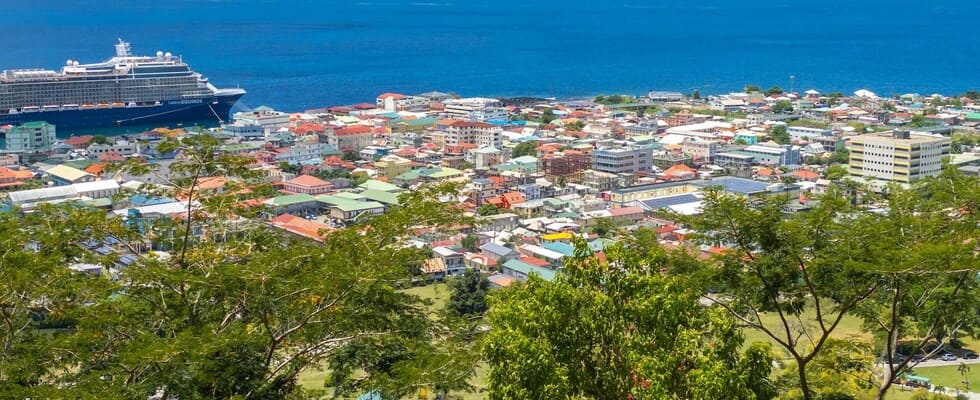
Dominica is one of the smaller Caribbean islands located in the Eastern Caribbean region. With a population of just 70,000, the country has largely evaded excessive urbanization compared to other Caribbean islands, helping to maintain its stunning natural beauty and national parks, like Cabrits National Park and Morne Trois Pitons National Park.
Although Dominica’s Douglas Charles Airport provides fewer direct flights to the United States than nearby islands like Antigua and Barbuda, and Grenada, Americans can fly directly between Dominica and Miami and Fort Lauderdale’s International Airport.
The primary driver of the Dominica economy is tourism, with agriculture, particularly bananas, also contributing to the country’s GDP. The success of the Dominica citizenship by investment program has also boosted the country’s economic and infrastructural development in the capital city of Roseau and other areas of the island through foreign investment.
The nation’s official currency is the Eastern Caribbean Dollar, shared by seven other Caribbean nations. As a former British colony and member of the British Commonwealth, Dominica’s official language is English.
Dominica was the second of the five Eastern Caribbean countries to establish a citizenship by investment program (CBI). Since 1993, the Caribbean country has allowed foreign citizens to gain Dominica citizenship and a Dominica passport by purchasing Dominica real estate or contributing to the country’s government fund.
Benefits of Living in Dominica

Lucrative investments in a country with higher project tourism growth than the Caribbean average
Sufficient and affordable healthcare options
Low cost of living compared to the US and other Caribbean CBI countries
No requirements to pay taxes on worldwide income, inheritance, wealth, and capital gains
No language barrier, with English spoken as the primary language
Direct flights to the United States
Dominica vs the US Cost of Living

According to Numbeo, Dominica’s cost of living is significantly cheaper than that of the United States. The island’s living costs are also low compared to other Caribbean islands, while still offering diverse amenities.
Renting in Dominica is cheaper than in the United States. Here is a comparison of the average cost to rent property in Dominica vs the US
Dominica boasts one of the Caribbean’s cheapest real estate markets for Americans considering buying Caribbean real estate, with sea-view villas sold for as little as $300,000. Dining out is also relatively affordable in Dominica. A three-course meal for two at an inexpensive restaurant costs $55 in Dominica versus $75 in the US.
Transportation costs in Dominica
Dominica doesn’t boast an extensive public transportation network but offers a public bus system in major cities like Roseau and Canefield. The bus system comprises mostly private minibusses with standardized rates from ECD 1.50 to EC D10.25.
Car ownership in Dominica is costlier than in the US. Car buyers should anticipate high import taxes on vehicles, impacting the overall car cost. Additionally, the average price per gallon of fuel stands at $4.30; however, the geographic constraints of the island mitigate the need for frequent long-distance journeys.
Living in Dominica as a Retiree

Dominica has become a favored destination among American retirees. The lush island offers numerous features to enjoy retirement, from basking on white-sand beaches like Champagne Beach and hiking the Boiling Lake to enjoying the beauty of Dominica Botanical Garden and bamboo rafting along the Roseau River. For those interested in Caribbean history, iconic sites such as and Fort Shirley provide a captivating look into the island’s rich cultural heritage.
Princess Margaret Hospital is the country’s largest medical facility, delivering state-of-the-art critical care and medical treatment services. Dominica does not offer a dedicated residency permit for retirees; however, the Dominica citizenship program presents an excellent opportunity for retirees considering moving to Dominica, with options like buying Dominica property to obtain citizenship.
Moving to Dominica as a Dominica Citizen
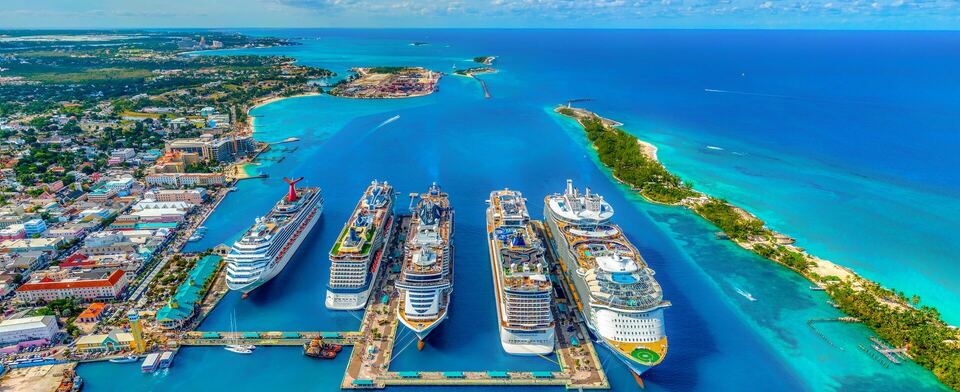
Launched in 1993, the Dominica citizenship by investment scheme offers foreign investors the opportunity to obtain citizenship and live in Dominica as citizens by contributing to the country’s economic growth.
Investors are granted citizenship and a Caribbean passport within three to six months, and they can permanently relocate to Dominica and enjoy an island life.
Below are the two investment options in the program:
- Contribute $100,000 to the Dominica Economy Diversification Fund (EDF).
- Purchase pre-approved real estate for at least $200,000.
If you’re considering Caribbean citizenship for your whole family, Dominica offers one of the cheapest citizenship programs for a family of four compared to other countries in the Caribbean, with an investment requirement of around $200,000, including government fees.
The Dominica Passport

The Dominica passport ranks 78th on the Global Passport Index, making it a worthy addition to a passport portfolio. Successful applicants of Dominica’s citizenship program enjoy visa free access to 145 countries, including Hong Kong, Singapore, and countries in the European Union.
It’s worth mentioning that global scrutiny over the integrity of Dominica’s citizenship program has prompted actions from influential nations, leading to the revocation of visa free travel privileges for Dominica passport holders by both the UK and Ireland governments.
Dominica Real Estate
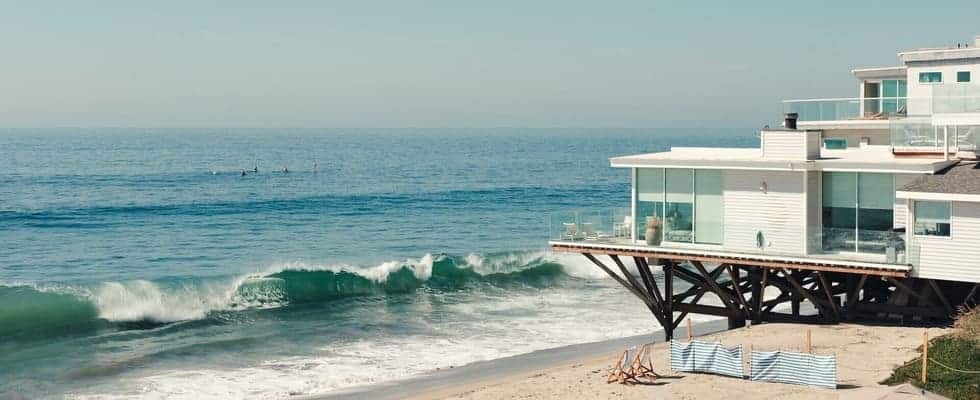
Purchasing real estate in Dominica is one of the straightforward ways to relocate to the country permanently. The Dominica real estate market offers government-approved property, from modern apartments and luxury villas in cities like Roseau to beachfront condos in Portsmouth. Depending on the town and the specific location, foreign nationals can expect to pay around $200,000 for residential property and commercial tourist accommodation, which can be secured for under $1 million.
The Pros and Cons of Living in Dominica
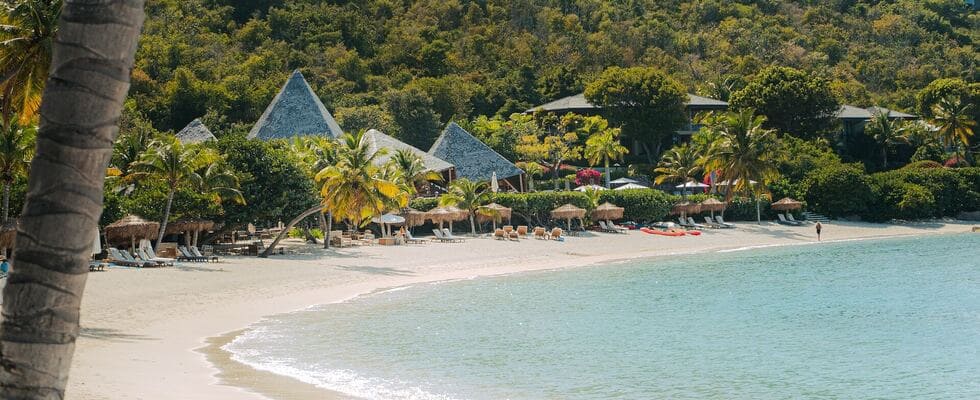
Pros:
- Affordable living costs: Dominica offers the cheapest cost of living of all Caribbean CBI countries
- No residency requirement: The Dominica government has no residency requirement to maintain dual citizenship
- English speaking: Living in Dominica as an American expat does not require overcoming a language barrier, as English is the country’s official language.
Cons:
- Reliance on imports: Dominica does not produce many products consumed on the island and, instead, heavily relies on imported goods, resulting in higher prices for certain products such as electronics and specific food items.
- Hurricane risk: Dominica is one of several Caribbean islands susceptible to natural disasters caused by hurricanes.
- Weaker passport: Other Caribbean passports available through CBI programs offer more options to travel visa free. Additionally, criticism of Dominica’s program has reduced the country’s passport’s visa free access.
Frequently Asked Questions about Living in Dominica
Dominica has garnered recognition as a top choice for American expats looking to live and retire in the Caribbean. Dominican life offers an even blend of tranquility and outdoor activities through its tropical weather and untouched natural beauty.
Dominica is an attractive destination for those seeking a low cost of living in the Caribbean. The expenses for a single person, without rent, are around $860 per month. Residents can rent one-bedroom apartments outside the city center for as little as $230 per month.
Portsmouth is considered the safest city to live in Dominica, with low crime rates compared to the national average and a close-knit community.
Thanks to Dominica’s citizenship program, American expats can obtain Dominica passports and live permanently in the country by investing in real estate or donating to the country’s government fund.
Dominica is considered tax-friendly as a Dominica tax resident is not subject to paying worldwide income, capital gains, wealth, or inheritance tax.
The benefits of being a Dominica resident include living in a country with natural beauty and whose government emphasizes preserving the country’s rich biodiversity. Additionally, the Dominican government has invested heavily in key areas of the country, including education and infrastructure, to enhance residents’ quality of life and living conditions in Dominica.
Most expat Americans living in Dominica live in Marigot, Roseau, Portsmouth, and Soufriere. The Dominica sub-forum in the Expat Exchange forum has been connecting expats and young people living on the islands since 1997.

